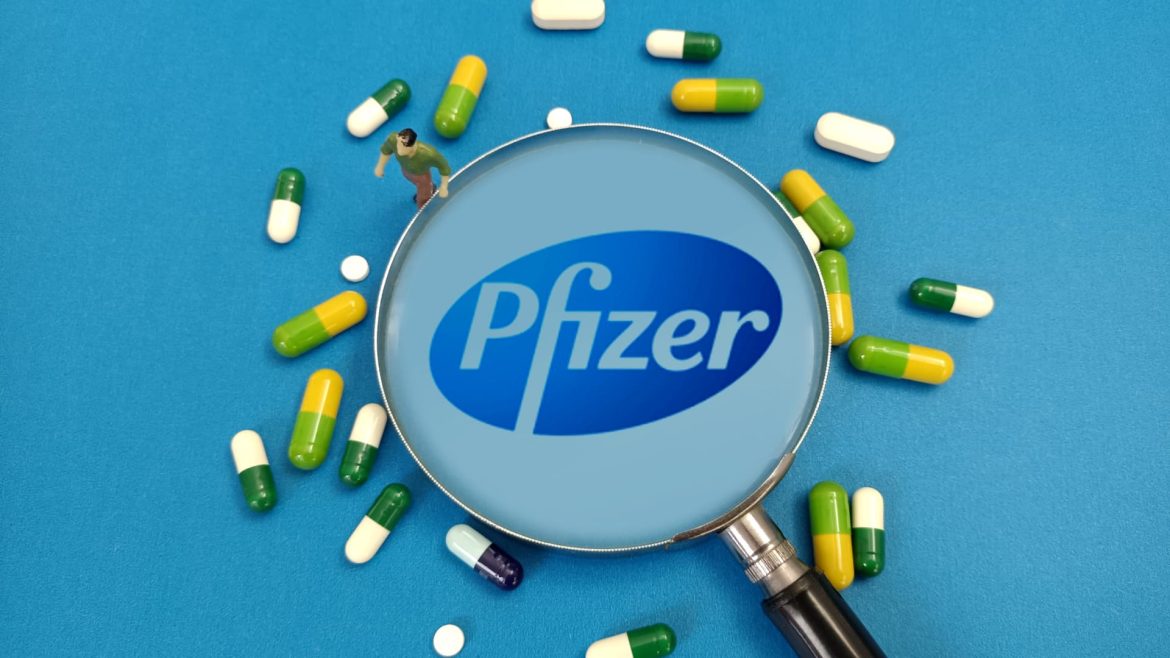Pfizer Halts Development of Twice-Daily Weight Loss Pill Following Adverse Effects
Pfizer recently made the announcement it would stop developing the twice-daily version of its experimental weight loss pill after observing high rates of adverse side effects in a mid-stage clinical study. The drug was said to cause significant trouble tolerating the drug in obese patients, although it did lead to weight loss.
The Study and Its Results
In the study, Pfizer observed that patients experienced various adverse effects, which were mainly gastrointestinal and classified as mild. Nevertheless, a notable number of patients stopped taking the drug due to these side effects. The twice-daily danuglipron formulation will not move forward into Phase 3 studies, the company reported. However, Pfizer still plans to release phase two trial data on a once-a-day version of the drug in the first half of 2024. Following the release of this data, the company will determine the next steps in terms of conducting a phase three study on the once-daily pill.
Wall Street’s Response
The news of the trial results and halting of development for the twice-daily version of the drug caused Pfizer’s shares to fall by 4% in premarket trading. This development is a significant setback for Pfizer, which has been positioning itself to claim a share of the growing weight loss drug market, according to CEO Albert Bourla. The company has been working to rebound from declining demand for its COVID products and a substantial share price drop this year.
Challenges and Future Prospects
Pfizer’s weight loss pills have faced challenges, and the company has already scrapped a different once-daily pill in June. The decision to halt the development of the twice-daily version of danuglipron puts Pfizer at a disadvantage compared to competitors such as Eli Lilly and Novo Nordisk, which are racing to develop more user-friendly pill versions of their weight loss and diabetes treatments.
Analysis of Study Data
In the trial, patients who took Pfizer’s twice-daily pill experienced significant reductions in body weight, with the dose sizes showing statistically significant results. However, the possibility of gastrointestinal side effects was high, with up to 73% experiencing nausea, up to 47% vomiting, and up to 25% experiencing diarrhea. In addition, over 50% of patients stopped taking the pill, a much higher percentage than those who stopped taking a placebo.
Future Expectations for Pfizer
The data from the phase two trial and the company’s hope to develop a more user-friendly once-daily version of danuglipron are anticipated to move Pfizer forward. However, the pharmaceutical company will need to address the significant side effects observed in the twice-daily pill before it can compete effectively in the weight loss drug market.
Conclusion
Pfizer’s decision to halt the development of the twice-daily version of its weight loss pill has significant implications for the company’s prospects in the weight loss drug market. The company must now concentrate on countering the side effects observed in the trial and successfully pursuing the development of the once-daily version of danuglipron. This new drug is necessary for Pfizer to regain lost ground following the decline in demand for its COVID products.

I have been featured in numerous publications, both online and offline, and am a regular speaker at industry events. I am also the founder of Crypto University, an online educational platform that helps people learn about cryptocurrencies and blockchain technology. In addition to my writing and teaching career, I am also an active investor in the cryptocurrency space. I have made investments in some of the leading projects in the space, and my portfolio has outperformed the market by a wide margin
